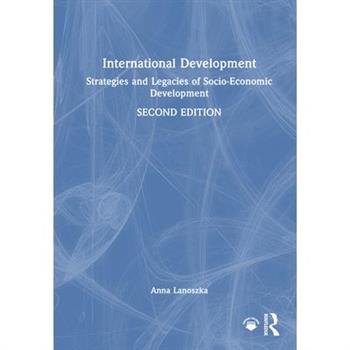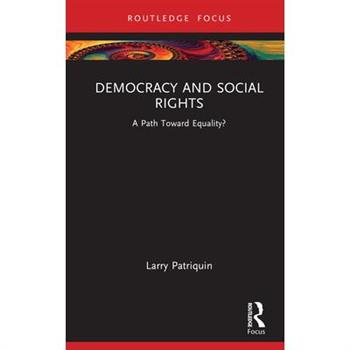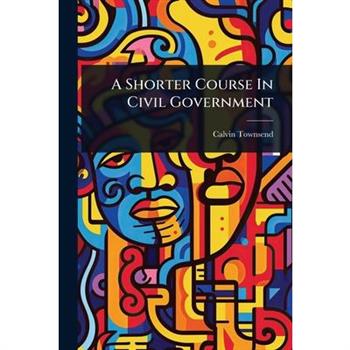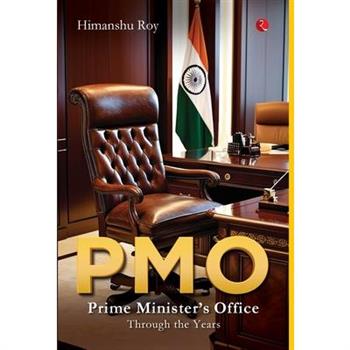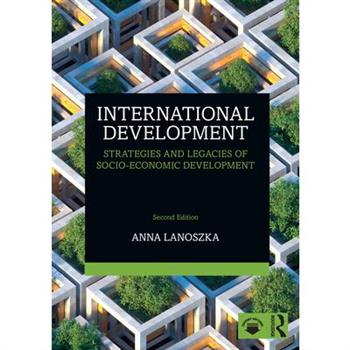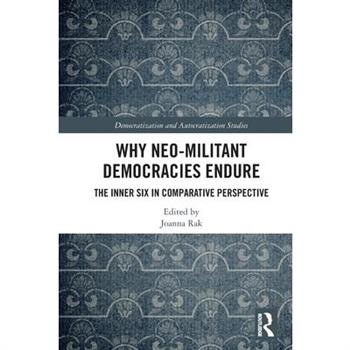International Development
International Development: Strategies and Legacies of Socio-Economic Development examines the multifaceted challenges and strategies underlying socio-economic progress in a globally interconnected world.Grounded in a thorough historical and theoretical framework, this book explores the evolution of development strategies, from post-colonial challenges and the role of state policies to the impacts of global market integration and environmental sustainability. It scrutinizes the effectiveness of foreign aid, the resilience of local strategies, and the persistent disparities shaped by historical legacies, extractive state institutions, deficit of individual rights, systemic poverty, gender inequality, armed conflicts, environmental hazards, and food insecurity. Through case studies and document driven insights, it highlights the intersection of institutional frameworks, economic imperatives, and human agency in shaping developmental outcomes. By integrating environmental and sustainability considerations with economic strategies, the book underscores the necessity of inclusive policies that address structural barriers and promote human-centred development. This new edition has been thoroughly updated to include material on decolonization; the various effects of the Covid19 pandemic; gender and sexual orientation-based discrimination; climate change; migration; and economic insecurity.With a multi-disciplinary approach taking into account politics, international relations, economics, sociology, cultural studies, and the history of development, this book is an invaluable resource for students and scholars, as well as policymakers and practitioners working and researching in those fields.
Resistance to Gender Quotas in Latin America
This is an open access title available under the terms of a CC BY-NC-ND 4.0 International license. It is free to read at Oxford Academic and offered as a free PDF download from OUP and selected open access locations. Politicians want to stay in power. Because winners attain office under a given set of electoral rules, any change to these rules is puzzling. When electoral reform does take place, it is expected that changes will better serve those already in power. Perhaps more than any other type of electoral rule, gender quotas are explicit about who is set to win and lose from their adoption: although they limit the space for men - the clear majority of incumbents - they are nevertheless present in every region of the world. But how has this happened? In other words, under what conditions are (men) legislators more likely to support the adoption of gender quotas? Resistance to Gender Quotas in Latin America is the first book to closely trace legislators' behavior towards gender quotas since the policy made its way into plenary debates. It reconstructs three decades of power struggles over quota policymaking in Latin America, and argues that men legislators are more likely to support gender quotas when opposition to the policy could have an impact on their future career prospects. The book draws on a wealth of experimental, quantitative, and qualitative data to show how an institution that explicitly seeks to replace incumbents has successfully spread through Latin America despite resistance from those incumbents. Malu Gatto explores the individual-level characteristics that shape legislators' resistance towards gender quotas, and provides an overview of the gradual processes through which initially weak quotas that did not impose threats to the status quo became policies that radically transformed the gender composition of legislatures. Finally, the book also explores case studies of quota policymaking in Brazil, Costa Rica, and Chile and shows that incumbents' self-preservation instincts shape their behaviors towards quotas, delaying the timing of quota adoption, weakening quota designs, and lengthening quota policymaking processes.
Critical Marxist Theory
This book argues why Critical Theory - as first developed in the Zeitschrift f羹r Sozialforschung - must be updated to help us tackling today's capitalist polycrisis, from economic via political to ecological crises. Yet, following the dissolution of the Institute for Social Research in New York, and the latest with the death of Adorno in 1969 and the death of Marcuse almost exactly ten years later, there has been a 'domestication' of the main strands of the Frankfurt School. To understand and overcome this domestication, the book traces, with the means of philosophy and sociology, its two affirmative steps in a liberal and in a postmodern turn. As an alternative to both, it defends Habermas' project of modernity, yet only by disentangling it - in Marxian fashion - from the capitalist process of modernisation. This disentanglement is at the same time a political radicalisation. It is necessary because the cultural-political ideal(s) of the project of modernity - from human autonomy via rational society to qualitative individuality - can only be realised beyond the framework of capitalism. As their conceptual concentrate, the book proposes political autonomy as a key concept confined neither by Kantian or liberal approaches nor by autonomist or operaist traditions. Rather, it draws on thinkers like Herbert Marcuse, Ellen Meiksins Wood, and Martin H瓣gglund to rephrase Marxist concepts such as social freedom, democratic socialism, and the end of prehistory. In this way, political autonomy is developed both as a legit criterion for justified critique and as the philosophical foundation and emancipatory goal of a pluralist yet transcapitalist Critical Marxist Theory.
How the EU and Russia Narrate the World
This book approaches the relationship between Russia and the EU as an intersubjective one, a social context where diverging interpretations of the world struggle for hegemony. Its theoretical framework marries poststructuralist thought with insights from critical approaches to Hegelian recognition dialectics.
Democracy and Social Rights
Inequality is everywhere, while at the same time, "representative democracy," is under attack. This book considers what we are doing wrong and how we can put it right. The author argues that our inability to create and entrench social rights, which would help make societies more equal, is rooted in the structures of our political institutions and concludes that our politics, regardless of the presence of elections, cannot carry the mantle democratic. This is why substantial social rights are almost nowhere to be seen, especially in "liberal" welfare regimes like the United States and the United Kingdom. The main lesson is that all social-change activists must make the creation of democracy a priority, because without new institutions most of their activism will prove futile. If there are no meaningful changes to our political systems, then decades from now, despite our brilliant blueprints for reform and our frequent marches in the streets, people will find themselves in familiar surroundings, in the same places we are today.
Glass Ceilings, Glass Cliffs, and Quicksands
Using novel leadership data from eleven developed parliamentary democracies between 1980 and 2020, this Element asks how gender conditions party leaders' candidacy, selection, and survival. It examines the life cycle of party leadership careers of 276 leaders with a focus on three categories of variables: performance indicators, (s)election details, and inclusiveness of political culture. It tests the existing theories of glass ceilings and glass cliffs on how certain conditions make it more likely that women run for and are selected as party leaders. The Element also offers an original quicksand theory on leaders' survival in office that, for women, leadership is akin to being caught in quicksand. Several factors agitate the quicksand and make them sink faster. Their data show support for the glass ceiling and quicksand theories. Yet, they find mixed support for the glass-cliff theory. The Element offers unique insights into women's experience with party leadership.
Glass Ceilings, Glass Cliffs, and Quicksands
Using novel leadership data from eleven developed parliamentary democracies between 1980 and 2020, this Element asks how gender conditions party leaders' candidacy, selection, and survival. It examines the life cycle of party leadership careers of 276 leaders with a focus on three categories of variables: performance indicators, (s)election details, and inclusiveness of political culture. It tests the existing theories of glass ceilings and glass cliffs on how certain conditions make it more likely that women run for and are selected as party leaders. The Element also offers an original quicksand theory on leaders' survival in office that, for women, leadership is akin to being caught in quicksand. Several factors agitate the quicksand and make them sink faster. The authors data shows support for the glass ceiling and quicksand theories. Yet, they find mixed support for the glass-cliff theory. The Element offers unique insights into women's experience with party leadership.
International Development
International Development: Strategies and Legacies of Socio-Economic Development examines the multifaceted challenges and strategies underlying socio-economic progress in a globally interconnected world.Grounded in a thorough historical and theoretical framework, this book explores the evolution of development strategies, from post-colonial challenges and the role of state policies to the impacts of global market integration and environmental sustainability. It scrutinizes the effectiveness of foreign aid, the resilience of local strategies, and the persistent disparities shaped by historical legacies, extractive state institutions, deficit of individual rights, systemic poverty, gender inequality, armed conflicts, environmental hazards, and food insecurity. Through case studies and document driven insights, it highlights the intersection of institutional frameworks, economic imperatives, and human agency in shaping developmental outcomes. By integrating environmental and sustainability considerations with economic strategies, the book underscores the necessity of inclusive policies that address structural barriers and promote human-centred development. This new edition has been thoroughly updated to include material on decolonization; the various effects of the Covid19 pandemic; gender and sexual orientation-based discrimination; climate change; migration; and economic insecurity.With a multi-disciplinary approach taking into account politics, international relations, economics, sociology, cultural studies, and the history of development, this book is an invaluable resource for students and scholars, as well as policymakers and practitioners working and researching in those fields.








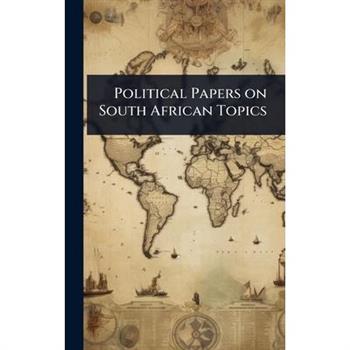
![Substance Of The Speech Of The Right Honourable Edmund Burke, In Thr [sic] Debate On The Army Estimates, In The House Of Commons, On Tuesday, The 9th Day Of February, 1790. Comprehending A Discussion Substance Of The Speech Of The Right Honourable Edmund Burke, In Thr [sic] Debate On The Army Estimates, In The House Of Commons, On Tuesday, The 9th Day Of February, 1790. Comprehending A Discussion](https://cdn.kingstone.com.tw/english/images/product/4862/9781024854862m.jpg?Q=c12f8)

